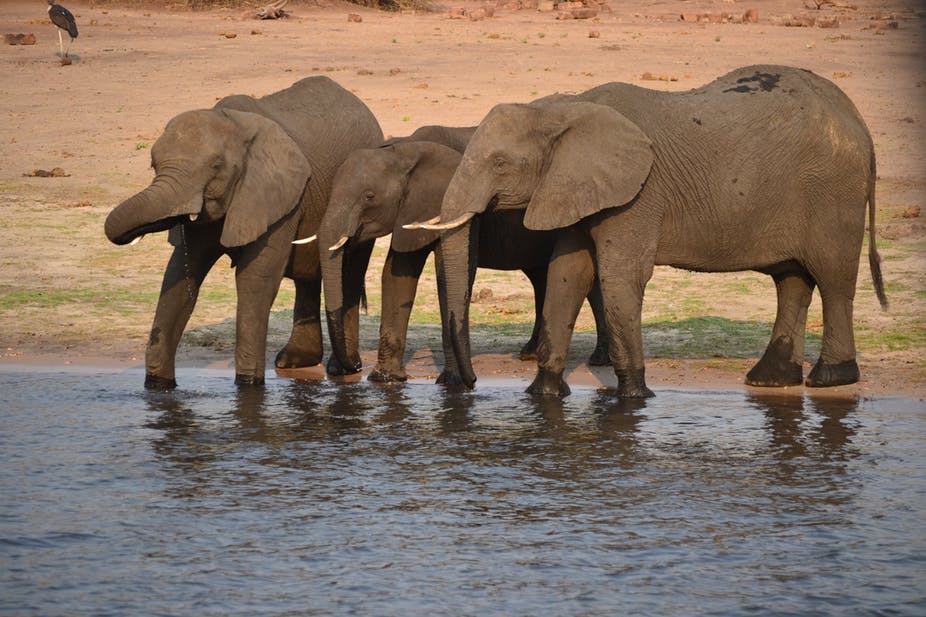
Artificial intelligence has the potential to radically reinvent the global food production system, with far reaching consequences on health, nutrition and environmental impact.

Vegan Challenge invites residents and businesses to eat plant-based foods between June 4 and 10 to promote good health, animal justice, social justice, environmental justice, and climate justice.

In early June, Ben Lecomte will enter the waters to begin a 10,000-km swim across the Pacific Ocean that seeks to shine a light on ocean pollution and plastic contamination.

Scientists fed fruit flies with a combination of probiotics and an herbal supplement called Triphala that was able to prolong the flies' longevity by 60 % and protect them against chronic diseases associated with aging.

United Kingdom Secretary of the Environment Michael Gove has introduced a bill to Parliament that would ban the purchase, sale, possession for sale and international trade of ivory.

A new discovery about the effects of aging in our cells could allow doctors to cure or prevent diabetes, fatty liver disease and other metabolic diseases—and possibly even turn back the clock on aging itself.

Findings show that musicians and bilinguals require less effort to perform the same task, which could also protect them against cognitive decline and delay the onset of dementia.

Transport for London will no longer accept adverts that promote food and drink high in fat, salt, or sugar. Globally, there are 2 billion overweight adults, according to the Global Nutrition Report 2017.

Because of a rare antibody that is found in James Harrison’s blood, his donations have directly contributed to saving over 2.4 million Australian babies.

A new study by researchers at Trinity College Dublin explains for the first time the neurophysiological link between breathing and attention.

New Zealand's government has vowed to get the country's entire homeless population off the streets before winter hits the country next month.

This age-related loss of stem cell function can be reversed by a 24-hour fast, according to a new study from MIT biologists.

One-third of early deaths - up to 200,000 total - might be averted if people switched to vegetarian diets, according to calculations from Harvard scientists.

Contrary to popular stereotypes, young men today are likely to be selfless, socially engaged and health-conscious, according to a new study from a Canadian university .

Each of the five pods simulates the air quality in a different city. The work is to mark Earth Day on April 22 — a global movement to raise awareness of the necessity of protecting the environment.